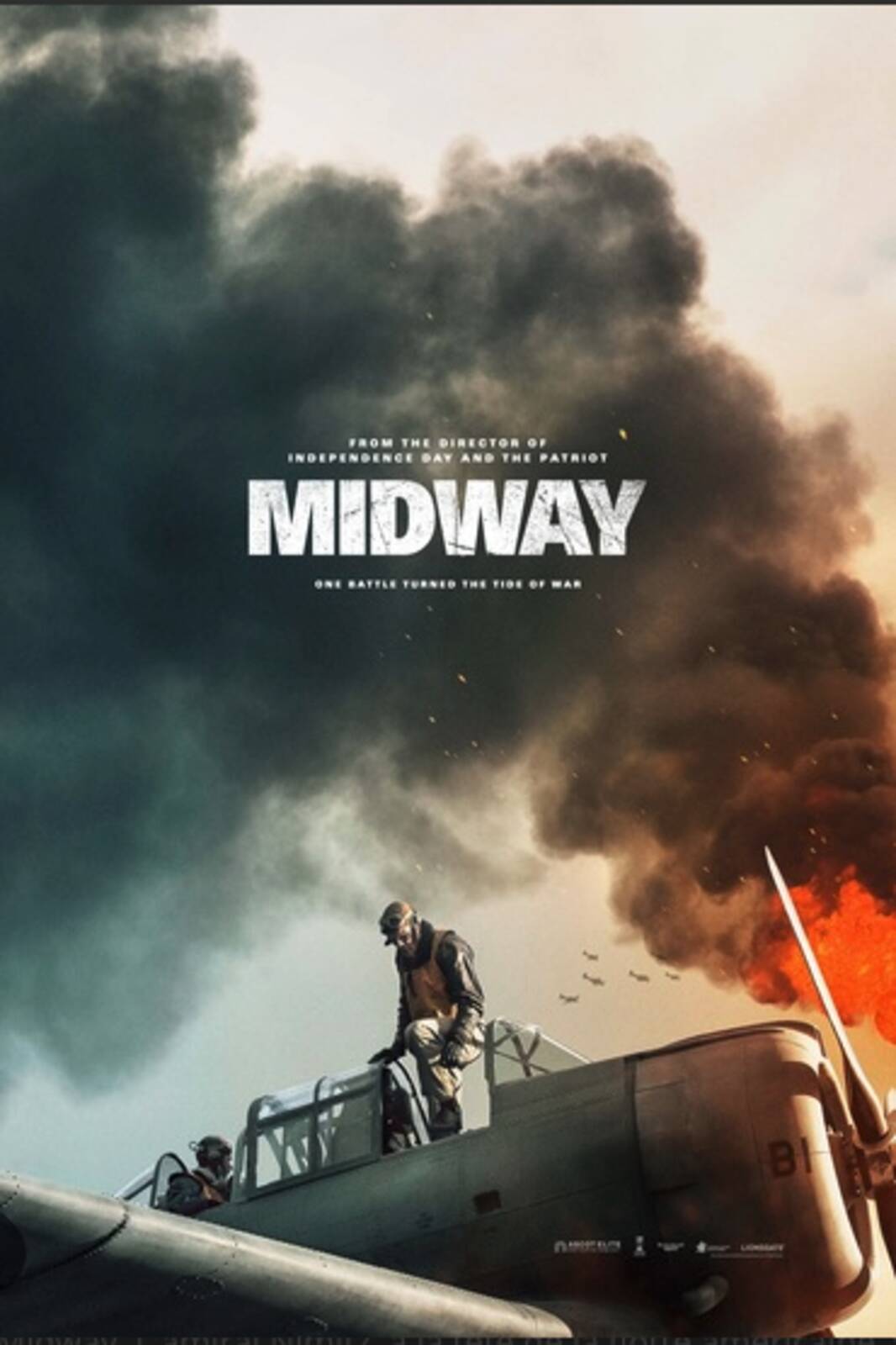
This year, Hollywood has delivered one huge money-maker and lots of money-losers. But in between all of the cash changing hands for better or for worse, there have also been a couple of great reasons to head to theaters (without regretting it later).
23. Emanuel




20. Better Days
Better Days is a critically-acclaimed exploration of school bullying and toxic femininity that makes Mean Girls look like a Care Bears movie.
19. Calm with Horses
17. True Justice: Bryan Stevenson's Fight for Equality
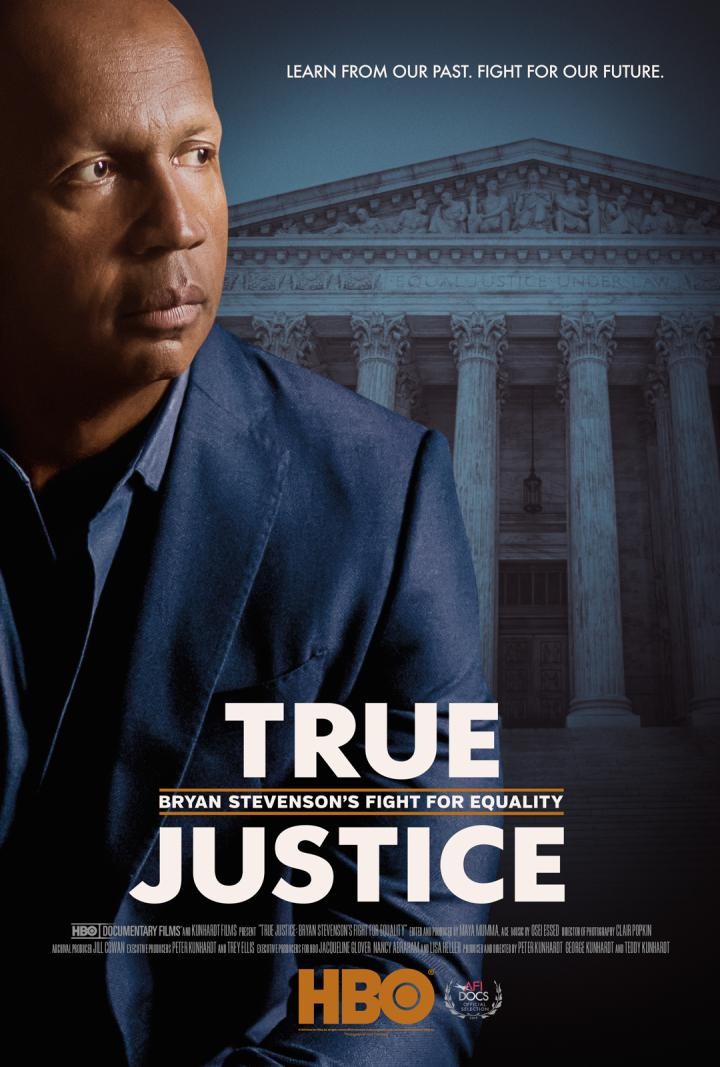
16. Yesterday

15. Uncut Gems
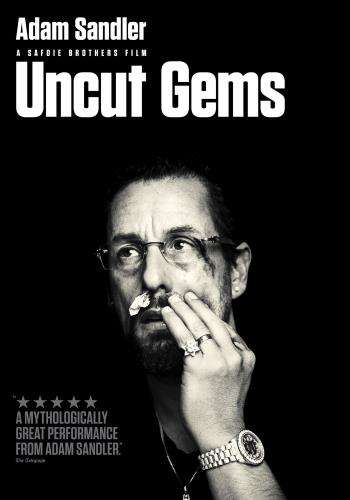
14. Richard Jewell

In 1996, 35-year-old law enforcement hopeful Richard Jewell was hired by AT&T as a security officer stationed at Atlanta's Centennial Park for the two weeks during which the city hosted the Olympic games. On July 27, Jewell discovered what he considered to be a suspicious package while on duty. After the police alerted by Jewell determined that the backpack contained three pipe bombs, they -- along with his help -- attempted to evacuate the area. However, 13 minutes after Jewell's discovery, the bombs detonated, killing one person and injuring more than 100 others. While Jewell was initially hailed a hero, within days he was falsely identified as the person who planted the bomb by the FBI and a reporter (Kathy Scruggs) for local paper, the Atlanta Journal-Constitution.
As is often the case, the AJC's reporting touched off a media blitz that included CNN, NBC, the New York Post and various other outlets eager to spread the word about Jewell's "guilt".
After intense FBI surveillance and media coverage, Jewell was exonerated (88 days later). The actual bomber, Eric Rudolph, who would later commit two more bombings, eventually pleaded guilty.
Like fellow potential Oscar-nominee Just Mercy, Jewell illustrates just how close even the innocent can come to an undeserved death sentence.
Richard Jewell is a definite go-see and an eye-opener.
13. Knives Out


12. I Want My MTV
11. American Son
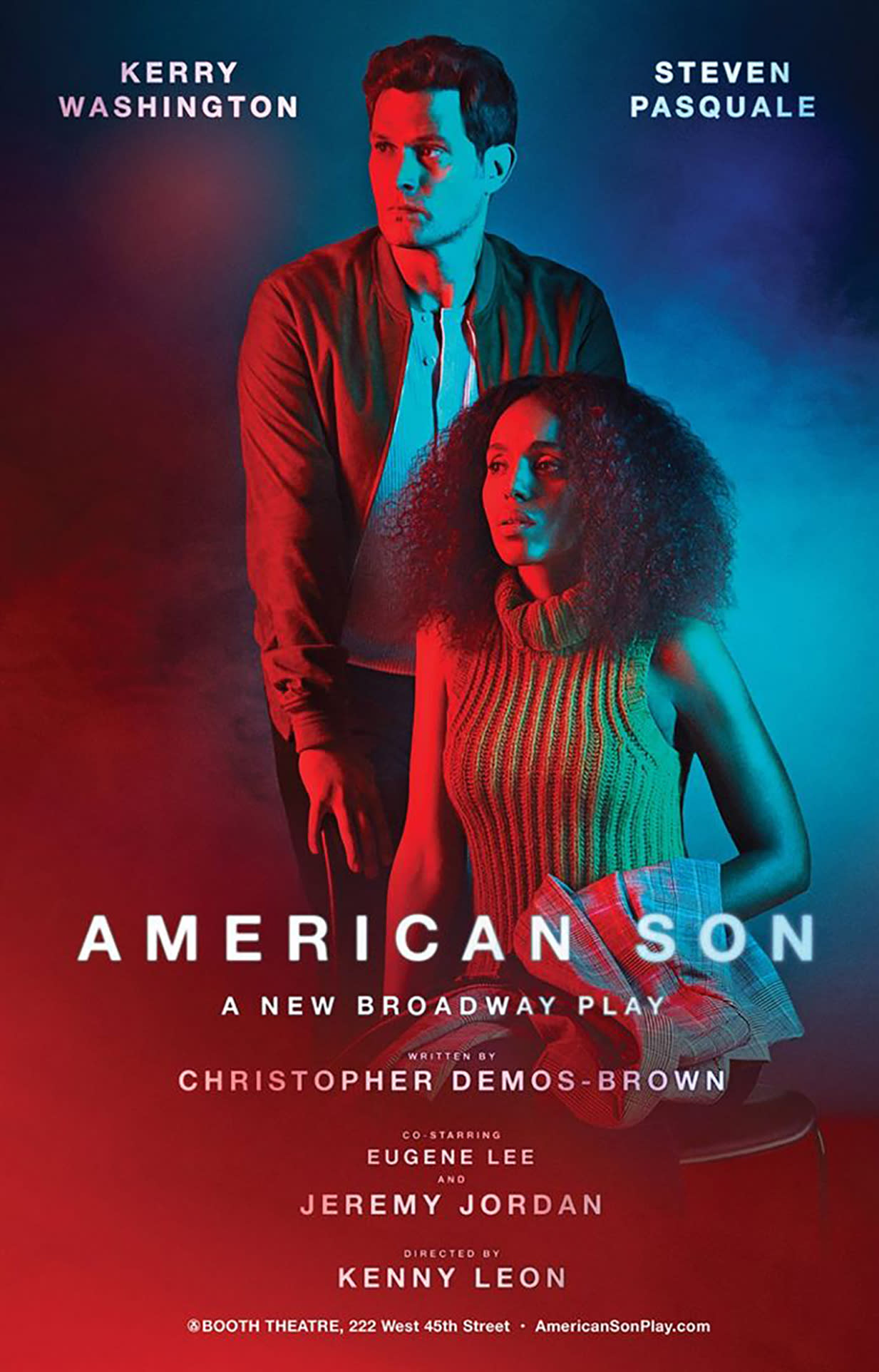
10. Just Mercy

Just Mercy is the film adaptation of attorney Bryan Stevenson's critically-acclaimed 2014 memoir Just Mercy: A Story of Justice and Redemption, focusing primarily on Stevenson's attempts to free a wrongfully-convicted African-American man sentenced to the death penalty in Monroeville, Alabama.
A rarity among Hollywood movies about racism, Just Mercy is a savior film that features Black people being saved by a Black person. The movie highlights the astounding level of institutional racism within the Alabama (and American) justice system -- which persists to this day. Some moviegoers may initially have trouble comprehending the magnitude of the problem and believing the extraordinary lengths to which those in power went in order to uphold a system of oppression.
Interestingly enough, director Destin Daniel Cretton strongly indicts the caucasian male members of the communities involved. But though history tells a different story, the movie goes out of its way to absolve white women of any complicity in connection to the systemic racism that it depicts.
The movie begins with the 1987 arrest of Monroeville entrepreneur Walter McMillian, whose accused of murdering a local 18-year-old white woman, Ronda Morrison. After moving to Alabama and finding local commercial property owners reluctant to rent to an advocate for Death Row inmates, Harvard Law grad and Delaware native Stevenson moves in with the family of Eva Ansley, a local woman horrified by the Alabama justice system's mistreatment of poor defendants.
Initially refusing to work with the young attorney due to his previous lawyer's ineptitude, McMillian finally comes around following Stevenson's acceptance by his family and community.
McMillian eventually reveals that he was transported to Death Row immediately after his arrest, where he remained for more than a year before his trial. He was also at a fish fry attended by several witnesses, one of whom was a police officer, during the time of the murder. He was targeted by law enforcement and the judicial system not merely because he was African-American but because he was an African-American man who'd engaged in a public affair with a white woman.
In the absence of any physical evidence, the state's case depended entirely on witness testimony. And the primary witness, career criminal Ralph Myers, was indicted as a co-conspirator and offered a 30-year sentence in lieu of the death penalty in exchange for his testimony. Following the trial judge's decision to relocate the proceedings to a nearby overwhelmingly white county, McMillian was convicted by 11 white (with one African-American) jurors and sentenced to life in prison. Unsatisfied, the presiding judge set the jury's sentence aside and imposed the death penalty.
Stevenson fight to secure McMillian's freedom even included a segment on 60 Minutes.
Onscreen, Stevenson endures police intimidation, legal stonewalling and reluctance to come forward on the part of witnesses to obtain justice for just one client. Would you believe he's gone on to save 125 men from death sentences?
Just Mercy should be required viewing, particularly for those concerned with the need for criminal justice reform.
A courtroom drama that outshines genre favorites like A Few Good Men, A Time to Kill, Primal Instinct and Philadelphia, Just Mercy rivals To Kill a Mockingbird. Ironically, the author of the book on which that movie was based, Harper Lee, was a native of Monroeville.
Look for Just Mercy at a theater near you this Christmas. And look for it to snag trophies at award shows in early 2020.
9. Joker
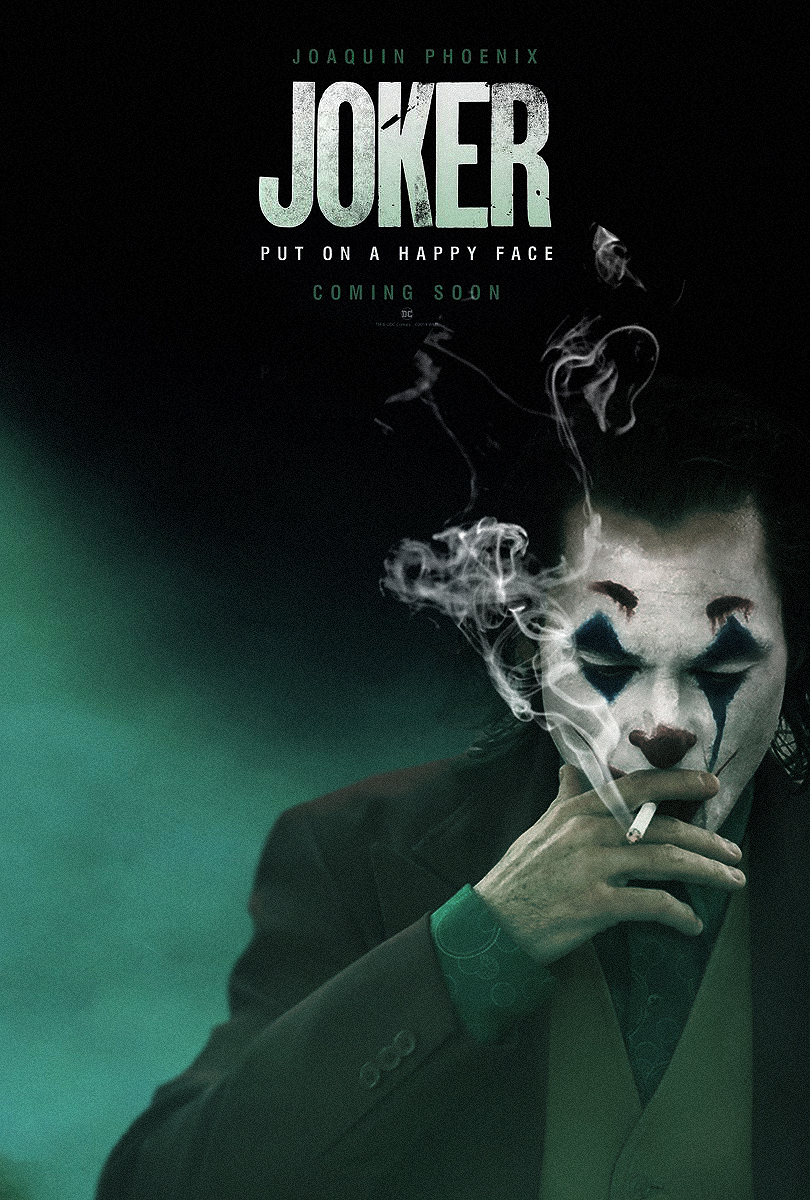
Unlike Batman, who's suffered from some regrettable depictions through the years (most notably, in Batman Forever and Batman & Robin), his arch-nemesis, the Joker, boasts a perfect 4-0 record when it comes to big-screen cinematic appearances.
Perhaps because, unlike most comic book villains, and indeed, most comic book characters, the Joker has only been portrayed by award-winning actors, respected by both their peers and moviegoers alike.
With Oscar buzz surrounding Joaquin Phoenix's take on the killer clown in Joker, there's even a fresh new addition to the ever-growing collection of mind-blowing portrayals of Gotham's Most Wanted.
Timid and socially-awkward loner Arthur Fleck lives with his mother in a small Gotham City apartment and works a dead-end job as a party clown. However, he dreams of becoming a stand-up comedian and constantly jots down original material in his joke book to further that end. When he shares his dream with his mother, she dismisses him as not being funny.
Arthur was once hospitalized in a mental facility and continues to suffer from a neurological condition, the pseudobulbar affect, that compels him to laugh uncontrollably during times of stress. He presents a card that explains his affliction to a woman who berates him after he makes her young son laugh during a city bus ride. Arthur is also dependent on medication provided by a city social program that requires him to attend regular counseling sessions.
After being beaten and robbed by a group of kids, Arthur is chewed out by his boss, who docks him for the sign that was stolen from him by the thieves. He subsequently encounters a neighbor, Sophie, for whom he develops feelings and begins seeing socially. A coworker, Randall, provides him with a revolver (unsolicited) for protection against any such incidents in the future. But when the gun accidentally falls out of his waistband in front of a crowd of children and staff members during a performance at a children's hospital, Arthur is fired as a result. It didn't help that Randall lied, accusing Arthur of approaching HIM about obtaining the weapon.
During the subway ride home, Arthur, still in his clown makeup, is assaulted by three stockbrokers in the employ of Wayne Enterprises. Fleck shoots two to death in self-defense and executes the third, instead of allowing him to flee. Mayoral candidate, Thomas Wayne, denounces the killings during a televised interview, disparaging critical impoverished Gotham citizens as "clowns" who never made anything of their lives.
The billionaire's comments spark protests, comprised of people wearing clown masks. Meanwhile, funding for various social programs is slashed, leaving Arthur unable to obtain his medication. And due to his growing self-confidence, he accuses his case-worker of going through the motions rather than actually listening to him.
Later, Arthur makes his stand-up comedy debut but bombs miserably, chuckling uncontrollably but failing to elicit laughs from the audience. After a tape of his performance is sent to the Murray Franklin Show, the eponymous host mocks Arthur live on the air, labeling him a "joker".
As though things weren't bad enough, Arthur reads a letter from his mother intended to be sent to Thomas Wayne, in which she refers to the former as her and Wayne's son. Enraged that his paternity was never revealed to him, Arthur angrily confronts her before heading to Wayne Manor to meet Thomas.
Arthur encounters an eight-year-old Bruce Wayne at the property gate before being confronted by Alfred Pennyworth, who accuses his mother, Penny, of being delusional and fabricating her sexual relationship with Thomas Wayne. Upon returning home, Arthur discovers that his mother has suffered a stroke and rides with her in an ambulance to the hospital.
When he's approached by two Gotham City police detectives investigating the triple-homicide on the subway, it's revealed that the pair spoke to Penny Fleck shortly before her stroke, likely triggering it.
Arthur subsequently maneuvers his way into a face-to-face talk with Thomas Wayne in a men's room. Wayne not only echoes Pennyworth's claims, he adds that Arthur himself is adopted and not biologically related to either himself or Penny Fleck. The encounter ends with Wayne punching Arthur in the face before storming off.
Determined to learn the truth, Arthur goes to Arkham State Hospital, where he was told Penny was committed, and steals her file. The records not only confirm that Penny was treated for delusions and adopted Arthur but also reveal that she and a boyfriend abused him at three years old.
Distraught, Arthur visits Penny in her hospital room, where he smothers her with a pillow. Afterwards, he pays Sophie a visit in her apartment, where it's implied that he murders her -- and presumably, her daughter as well. It's revealed that Arthur's entire relationship with Sophie was imagined.
The next day, Arthur is invited to make an appearance on Murray Franklin's talk show as a result of the attention garnered by his stand-up video. Before the show, Arthur is visited by former coworkers Randall and Gary. He stabs Randall to death in retaliation for lying about his gun but spares a distraught Gary.
On his way to the Murray Franklin Show, Arthur is spotted by the homicide detectives investigating the train shooting and flees. As he's wearing clown makeup, Fleck is able to blend in with a crowd of similarly dressed protesters in clown masks. When Arthur steals one of the demonstrators' mask, he inadvertently incites a brawl that engulfs the detectives. After one of the cops accidentally shoots a protester, the crowd attacks them both, ultimately leaving them with critical injuries.
In his meeting with Franklin, Arthur requests that he be introduced as "Joker", the description that the host had previously given him. Arthur subsequently appears before the audience in full clown makeup and green hair for the live broadcast. After telling inappropriate jokes that fall flat, he admits to killing the Wayne executives on the subway, describing them as "awful" people. When Franklin blames him for the riots that have erupted in the wake of the shooting, Arthur replies that he's not motivated by politics. He also calls Franklin "awful" for belittling him and shoots him to death before laying his gun on the host's desk and walking off.
Following his arrest, the police vehicle in which Arthur is riding is struck by protesters driving an ambulance. Arthur's freed by the demonstrators and upon regaining consciousness, is cheered by the crowd and hailed as a hero.
Meanwhile, one of the rioters confronts the Waynes in a back alley, murdering both Thomas and Martha before fleeing the scene as the now-orphaned Bruce looks on.
After Arthur is committed to Arkham, he undergoes a session with a psychiatrist, who inquires as to what he finds so amusing. He tells her that she wouldn't get the joke and is subsequently seen running from orderlies while leaving bloody footprints in his wake (it's implied that he murdered the psychiatrist before attempting to escape).
Joker bagged plenty of critical acclaim -- and controversy -- before bringing in $619 million in global earnings after only two weeks in theaters. Joker received an eight-minute standing ovation following its screening at the Venice Film Festival, copping the event's top prize, the Golden Lion award, in the process.
At $1.057 billion and counting, the villain's origin story has since become the top-grossing R-rated film of all time and the first to gross ten figures at the box-office. It's also the third-highest grossing DC movie of all time, surpassing all but billion-selling PG-13 hits The Dark Knight Rises and Aquaman. Joker has even outsold all of the previous movies featuring the title character (including the Oscar-winning and billion-grossing The Dark Knight) -- and it did so without a 3-D release or screenings in China.
The best lines:
"What do you get when you cross a mentally-ill loner with a society that abandons him and treats him like trash? You get what you...deserve."
"The worst part of having a mental illness is that people expect you to behave as if you don't."
"I used to think that my life was a tragedy, but now I realize it's a...comedy."
8. Shaft

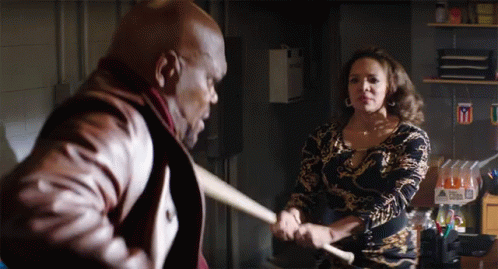
7. Brian Banks
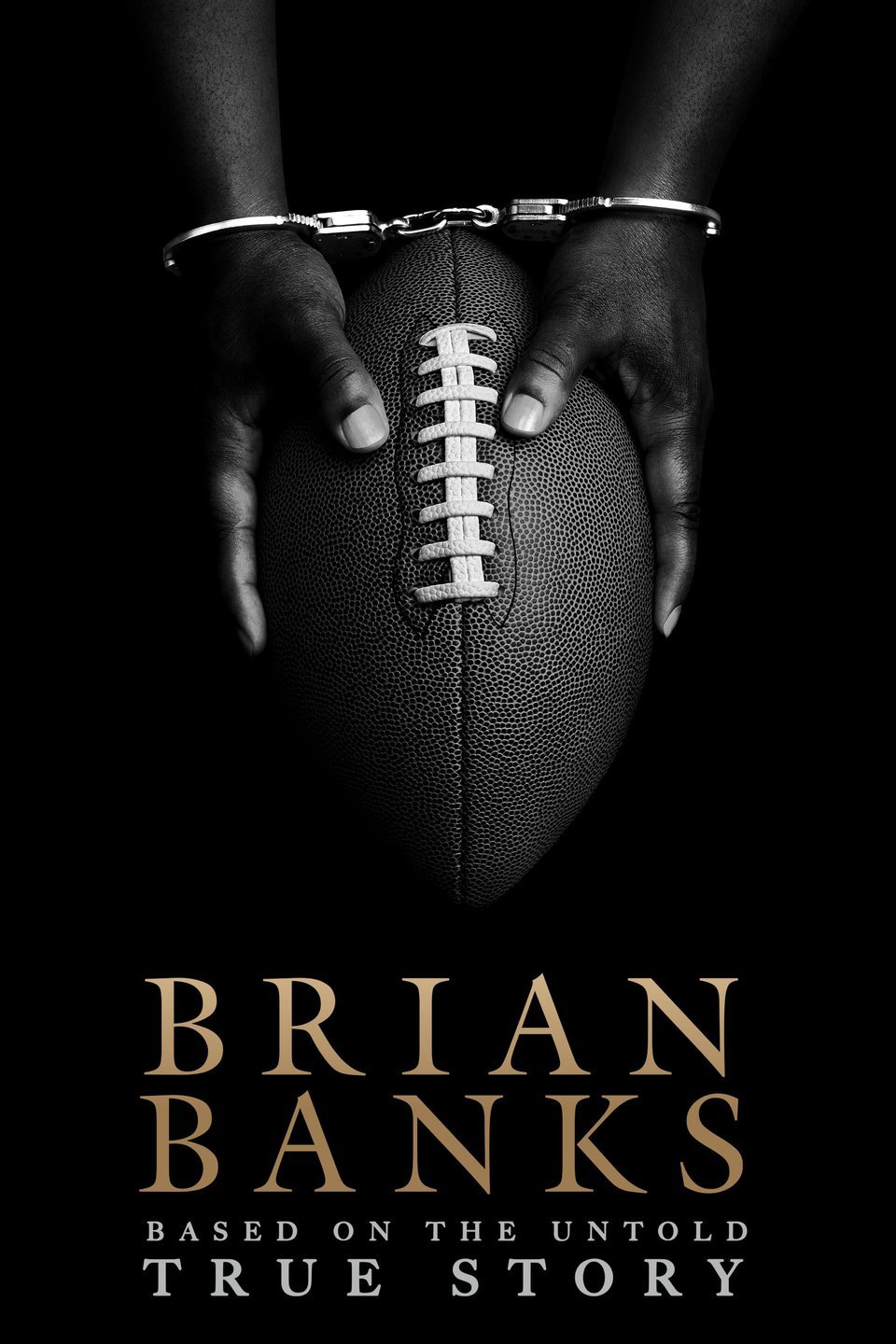

Thousands of years ago, ginormous creatures -- like dinosaurs on steroids --
roamed the Earth as part of the natural ecosystem (and were worshipped as deities by ancient civilizations). But at some point they went into hibernation. Now that humanity's f'd up the planet, a group of murderous eco-terrorists advised by paleontologist Dr. Emma Russell, encouraged by Gojira's discovery in 2014, have awakened two more of his kind -- Ghidorah, and the pteranodon-like Rodan -- so that they'll fulfill their ecological purpose: balancing nature. Namely, by healing the damage done to the globe by mankind -- hopefully, while coexisting peacefully with humans.
The thing is, scientists have discovered 17 Massive Unidentified Terrestrial Organisms (initially called MUTOs but renamed titans as part of an ongoing effort to dumb all this stuff down), who acknowledge Gojira -- an apex predator -- as their alpha. But unlike the others, who are natural, albeit gargantuan, animals, three-headed hydra, Ghidorah, is revealed to be an alien and invasive species from another planet. And he challenges Gojira for dominance. When the U.S. military injures Zilla, his arch-nemesis fills the power vacuum and bends 17 or so of his fellow gigantic creatures to his will. While Gojira would lead his fellow MUTOs in healing the damaged Earth, Ghidorah's instinct is to terraform it to better suit his natural habitat -- which would entail extinction-level events for us.
Here's the thing: King of the Monsters is a dumb movie -- and a huuuge step down from its 2014 predecessor. It's sorta like The Day After Tomorrow with monsters. But some of the actual kaiju it features -- especially, Ghidorah, Rodan and Mothra -- have never looked better.
roamed the Earth as part of the natural ecosystem (and were worshipped as deities by ancient civilizations). But at some point they went into hibernation. Now that humanity's f'd up the planet, a group of murderous eco-terrorists advised by paleontologist Dr. Emma Russell, encouraged by Gojira's discovery in 2014, have awakened two more of his kind -- Ghidorah, and the pteranodon-like Rodan -- so that they'll fulfill their ecological purpose: balancing nature. Namely, by healing the damage done to the globe by mankind -- hopefully, while coexisting peacefully with humans.
The thing is, scientists have discovered 17 Massive Unidentified Terrestrial Organisms (initially called MUTOs but renamed titans as part of an ongoing effort to dumb all this stuff down), who acknowledge Gojira -- an apex predator -- as their alpha. But unlike the others, who are natural, albeit gargantuan, animals, three-headed hydra, Ghidorah, is revealed to be an alien and invasive species from another planet. And he challenges Gojira for dominance. When the U.S. military injures Zilla, his arch-nemesis fills the power vacuum and bends 17 or so of his fellow gigantic creatures to his will. While Gojira would lead his fellow MUTOs in healing the damaged Earth, Ghidorah's instinct is to terraform it to better suit his natural habitat -- which would entail extinction-level events for us.
Here's the thing: King of the Monsters is a dumb movie -- and a huuuge step down from its 2014 predecessor. It's sorta like The Day After Tomorrow with monsters. But some of the actual kaiju it features -- especially, Ghidorah, Rodan and Mothra -- have never looked better.
4. Midway



The opening scene of 1993's Menace II Society helped to highlight the divide (cinematically, at least) between South Korean store owners and their African American customers in whose neighborhoods those stores were located. In 1991, real-life 15-year-old, African American Latasha Harlins was fatally shot in the back by 51-year-old, South Korean-born convenience store owner Soon Ja Du in the latter's shop located in Los Angeles. Following a voluntary manslaughter conviction, Du was sentenced to five years of probation, 400 hours of community service and a $500 fine.
Twenty-six years later, The Sun Is Also a Star brings the two ethnic communities together in spectacular fashion. The day before Jamaican-immigrant Natasha Kingsley is scheduled to be deported with the rest of her family, New York City-born Daniel Bae notices her admiring the painted constellations on the ceiling of Grand Central Station but is unsure of how to approach her. When Natasha's so preoccupied with her music to notice the car speeding toward her at a crosswalk, he gets his chance; there may be no better icebreaker than saving someone's life.
After an awkward silence, Natasha notices Daniel's notebook, prompting him to confess that his secret passion is writing poetry This revelation leads to a discussion about his favorite subject matter: love. Seemingly pragmatic Natasha is a non-believer; her lack of faith is disturbing to Daniel, who insists that he can win her heart if given a single day to in which to woo her. Though she doesn't have 24 hours to give, Natasha, clearly intrigued, agrees to hear him out for one hour.
What follows is a series of events that Natasha labels coincidences but Daniel views as fate which allow the two to spend more time together, and more importantly, get to know each other. The film convincingly shows them transforming from complete strangers to a loving couple in the space of a day. It also humanizes the experiences and challenges faced by undocumented immigrants. Maybe Sun should've been released in February, as it's a much more appropriate Valentine's release than this year's unwatchable Isn't It Romantic?
Based on the novel of the same name that graced the New York Times Bestsellers List for 42 weeks, The Sun is Also a Star weaves destiny, chance encounters, questionable immigration policies and familial expectations together to tell a story that puts a new spin on star-crossed love.
2. The Rise of Skywalker


1. City of Lies

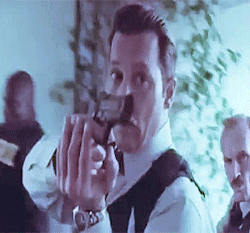
Using the actual names of those involved, City of Lies details the real life investigation into the murders of rappers Christopher "Biggie Smalls" Wallace and to a lesser extent, Tupac Shakur, and the police corruption that said investigation revealed. Based on author Randall Sullivan's book "LAbyrinth", the movie reveals how former LAPD detective Russell Poole's police work led him down some pretty grim paths and to the conclusion that LAPD officer David Mack was also an active member of the Bloods street gang while on the job. Even more astonishing, Mack moonlighted as security for Death Row Records. Worse still, he was directly involved in the 1997 murder-for-hire of Wallace.
While Mack refused to cooperate with police following his arrest, his partner and fellow Bloods member, Officer Rafael Perez, cut a deal after his arrest for the theft of $800,000 worth of cocaine from a police evidence room. Perez's information uncovered the widespread law enforcement corruption that came to be known as the Rampart scandal. His information implicated more than 70 other police officers.
Originally Posted 12/20/19


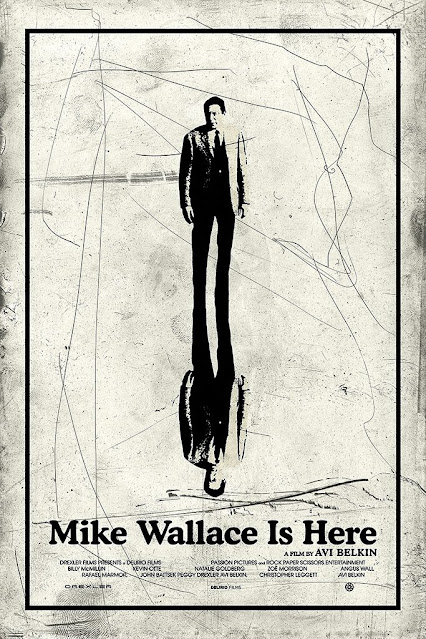


No comments:
Post a Comment